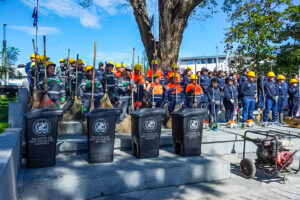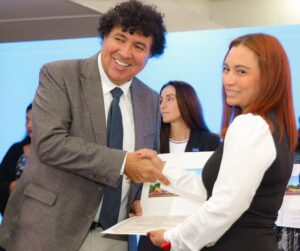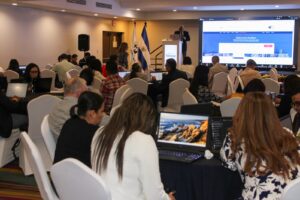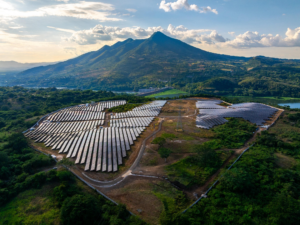The recent addition of two crucial vaccines to El Salvador’s National Vaccination Program represents significant financial relief for thousands of families. The Ministry of Health, under the leadership of Francisco Alabi, has made these high-cost immunizations available free of charge in the private sector.
This economic benefit is evident when considering market prices. The Respiratory Syncytial Virus (RSV) vaccine can cost over US$400, while the quadrivalent vaccine ranges between US$90 and US$100 in private establishments. Free vaccination in the public system eliminates this heavy financial burden for salvadoran households.
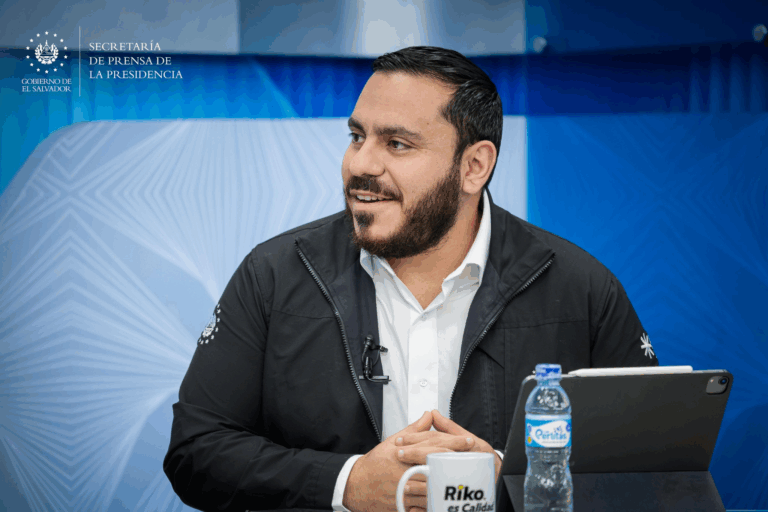
The RSV vaccine, administered to pregnant mothers, addresses the leading cause of death from respiratory problems in children under one year of age. Its free implementation not only saves lives but also prevents catastrophic expenses associated with hospitalizations and prolonged treatments for families.
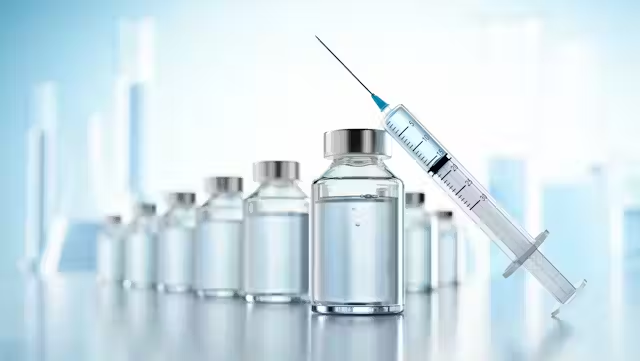
The quadrivalent vaccine, intended for four-year-old children, protects against diphtheria, tetanus, whooping cough, and polio. This addition strengthens Salvadoran vaccination programs, preventing the resurgence of diseases and their resulting medical expenses.
The impact goes beyond direct savings. A robust and accessible vaccination program boosts labor productivity by reducing the incidence of diseases that prevent parents from working and children from attending school. This contributes to the country’s improved human and economic development.
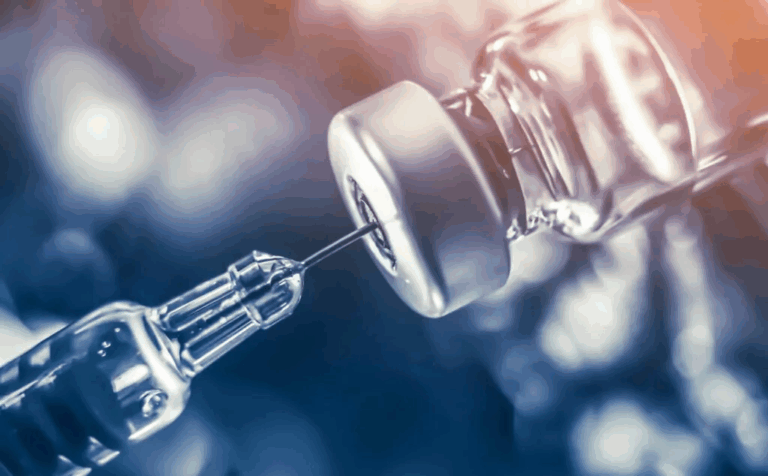
The Salvadoran government’s strategy of prioritizing quality public health with national coverage reflects a smart investment in the well-being and economic future of its citizens. Immunoprevention reduces diseases that, in the long term, would compromise life expectancy and family financial stability.


